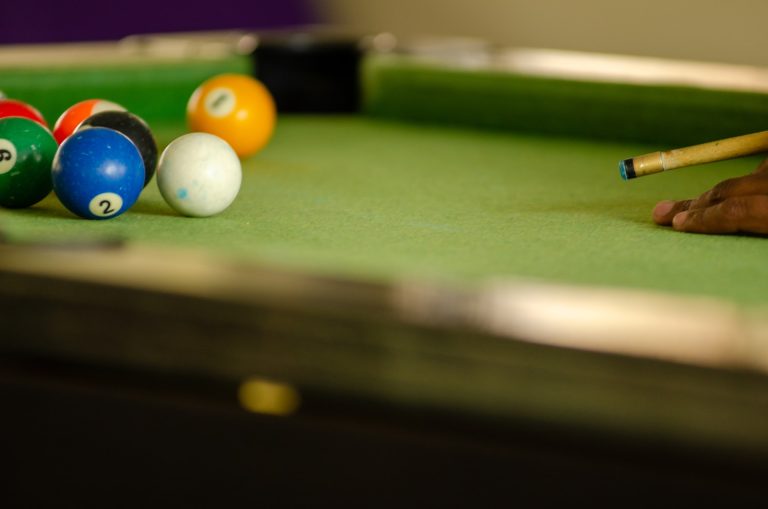Why Pool Game Is Played?
Pool is a popular game that has been enjoyed by people around the world for centuries. Whether you’re at a local bar or in the comfort of your own home, playing pool is a great way to socialize with friends and family while having a bit of fun. But have you ever stopped to wonder why pool is played in the first place?
What is it about this game that has made it such a beloved pastime for generations? In this blog post, we’ll explore the history and evolution of pool, the reasons why it’s played, and the benefits of playing this classic game. So grab a cue, chalk up your tip, and let’s dive into the world of pool.
What Is the History of Pool Game?
Pool, also known as pocket billiards, has a rich and fascinating history that dates back centuries. The exact origins of the game are unclear, but it is believed to have developed from various stick-and-ball games that were popular in Europe in the Middle Ages.
By the 15th century, a game known as “ground billiards” had emerged, which was played on a lawn using mallets and balls. This game evolved into “carom billiards,” which was played on a table and involved hitting one ball with another without pocketing any balls.
The game that we now know as pool began to take shape in the early 19th century, when tables with pockets were introduced. The first recorded game of pool was played in 1823 in Virginia, USA, and the game quickly gained popularity in the United States and Europe.
In the mid-19th century, the term “pool” was used to describe a betting pool that players would contribute to before a game, with the winner taking the entire pool.
Over the years, different variations of pool emerged, including eight-ball, nine-ball, straight pool, and others. Tournaments and championships began to be organized, with the first world championship held in 1873.
The game continued to evolve and gain popularity throughout the 20th century, with the founding of the Billiard Congress of America in 1948 and the creation of the World Pool-Billiard Association in 1987.
Today, millions of people around the world enjoy pool game, both as a competitive sport and as a casual pastime. The game has come a long way from its humble beginnings as a lawn game, and it continues to evolve and adapt to new trends and technologies.
Summarized History
| Time Period | Milestones and Events |
|---|---|
| Middle Ages | Stick-and-ball games popular in Europe |
| 15th century | “Ground billiards” played on a lawn |
| 19th century | Introduction of tables with pockets |
| 1823 | First recorded game of pool played in Virginia, USA |
| Mid-19th century | Term “pool” used to describe a betting pool |
| Late 19th century | Tournaments and championships organized |
| 1873 | First world championship held |
| 20th century | Founding of the Billiard Congress of America |
| 1987 | Creation of the World Pool-Billiard Association |
| Present day | Pool enjoyed by millions worldwide |
What is Cultural Significance?
Pool, also known as billiards, has become much more than just a game over the years. It has taken on a cultural significance and has become a way of life for many people around the world. Pool game is a part in movies and music and played in bars and pool halls, it has become a part of many people’s daily lives, taking on a deeper meaning in different cultures.
One of the cultural significances of pool is its association with socializing and bonding. For many people, playing pool is a way to connect with friends and family, to relax and unwind, and to have fun in a social setting. It has become a way of bringing people together, breaking down barriers, and fostering a sense of community.
Another cultural significance of pool is its association with competition and skill-building. Playing pool requires strategy, precision, and practice. People of all ages and skill levels can enjoy pool game, as it offers a way to test one’s abilities and push oneself to improve.
What more you must know?
Certain cultures, particularly the United States, have embraced pool game as a part of popular culture, portraying it in movies, music, and television shows. It has become an iconic symbol of American culture, associated with images of pool halls, jukeboxes, and leather jackets.
In other cultures, such as in Asia, pool has become a serious sport, with professional players and national tournaments. It has become a way for individuals to represent their country, to earn recognition and fame, and to inspire others to take up the game.
Overall, pool has become much more than just a game over the years. It has taken on a cultural significance and has become a way of life for many people around the world. It has become a symbol of socializing, bonding, competition, and skill-building, and has become deeply ingrained in different cultures.
Why Pool Game Is Played?
Why do people play pool? There are a variety of reasons why this popular game has captured the attention of so many people over the years. From its origins in Europe in the 15th century to its current status as a beloved pastime around the world, pool game has remained a popular activity for centuries.
One reason why people play pool is because it is a fun and social activity. Whether you’re playing with friends at a local bar or competing in a league, pool offers a chance to socialize and bond over a shared interest. It’s a great way to spend time with friends and meet new people, all while enjoying a fun and engaging activity.
Another reason why people play pool is because it offers a mental challenge. As a game that requires strategy, concentration, and problem-solving skills, pool can be a rewarding experience for those who enjoy a mental challenge. It requires players to think ahead, anticipate their opponent’s moves, and make split-second decisions, all while staying calm and focused under pressure.
Pool game is also a great way to stay active and improve physical fitness. It requires players to stand, walk, and move around the table, improving balance and coordination. It can help build muscle tone, particularly in the arms, shoulders, and back, making it a great form of exercise for those looking to improve their overall fitness.
Furthermore, pool has become a part of popular culture in many parts of the world, portrayed in movies, music, and television shows. It has taken on a deeper meaning in different cultures and has become a way of testing one’s abilities and pushing oneself to improve.
In conclusion, people play pool for a variety of reasons, including its fun and social nature, mental challenge, physical fitness benefits, and cultural significance. It’s a game that can be enjoyed by people of all ages and skill levels and offers a way to bond with friends, meet new people, and improve overall well-being.
Whether you’re a casual player or a competitive one, pool game is a great way to have fun while reaping numerous benefits.
Read: History of Pool Cue
What Are Benefits of Playing Pool Game?
- Playing pool is a great way to stay active and improve physical fitness
- It requires players to stand, walk, and move around the table, improving balance and coordination
- Pool can help build muscle tone, particularly in the arms, shoulders, and back
- It helps improve focus, concentration, and hand-eye coordination, benefiting mental well-being
- Pool can reduce stress and anxiety, providing an opportunity to unwind and socialize
- Playing pool is a social activity that can help build friendships and connections
- It provides an opportunity to meet new people and bond over a shared interest
- Pool can help improve problem-solving skills by requiring players to strategize and think ahead
- Improved problem-solving skills can translate to other areas of life, such as work or school
- Overall, playing pool provides numerous benefits that go beyond just being a fun activity.
Conclusion
In conclusion, pool game has a rich history that dates back to the 15th century. It has evolved into the modern game of pool that we know today. Throughout history, pool game has had a significant impact on various cultures, and the United States has notably given it cultural significance by featuring it in movies and playing it in countless bars and clubs.
Furthermore, playing pool has numerous benefits that go beyond just being a fun activity, including physical fitness, mental well-being, problem-solving skills, and social connections.
Overall, pool game has played a significant role in human history. It will continue to provide numerous benefits to players of all ages and backgrounds. Whether you’re a casual player or a competitive one, playing pool is a great way to have fun while improving your overall well-being.

I’m Maverick and I love playing pool games with my friends. I found myself struggling for proper guidance playing this game and selecting good quality equipment for it. I, then, decided to create this blog to guide pool enthusiasts to get right information and start enjoying their game.

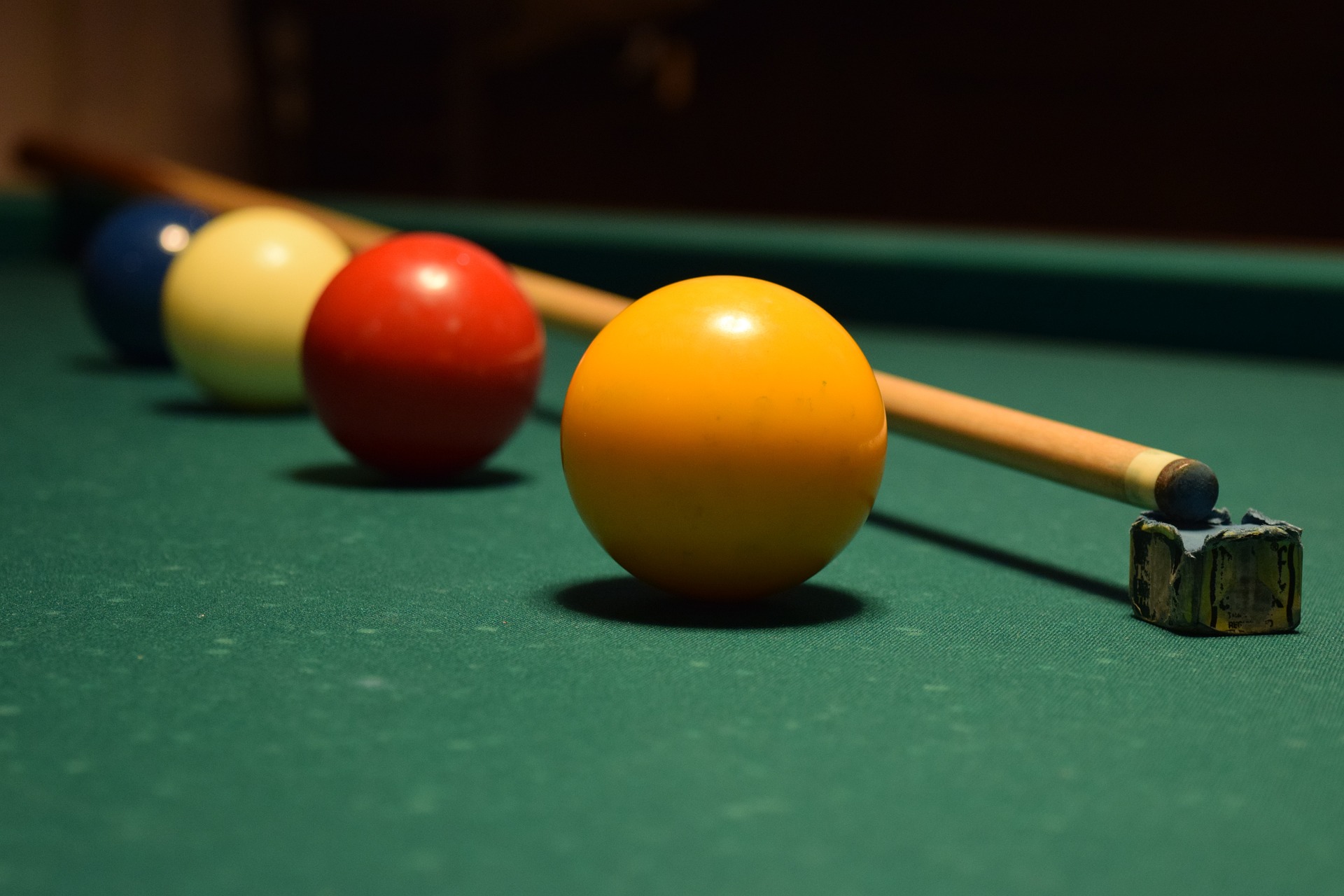
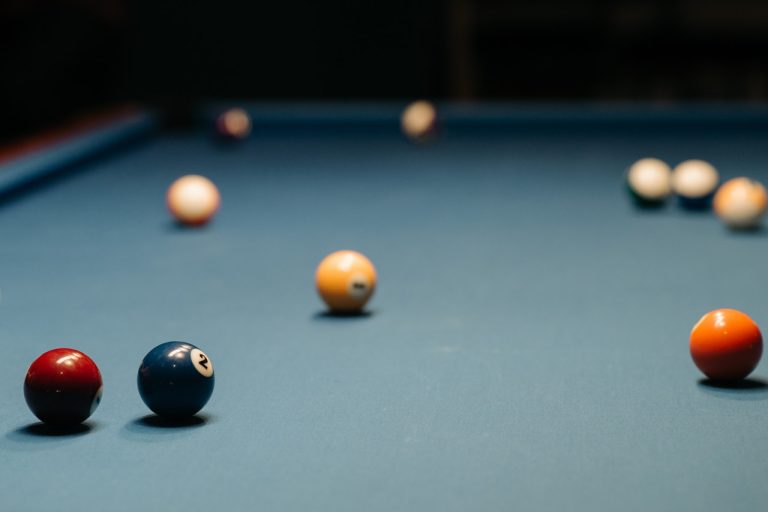
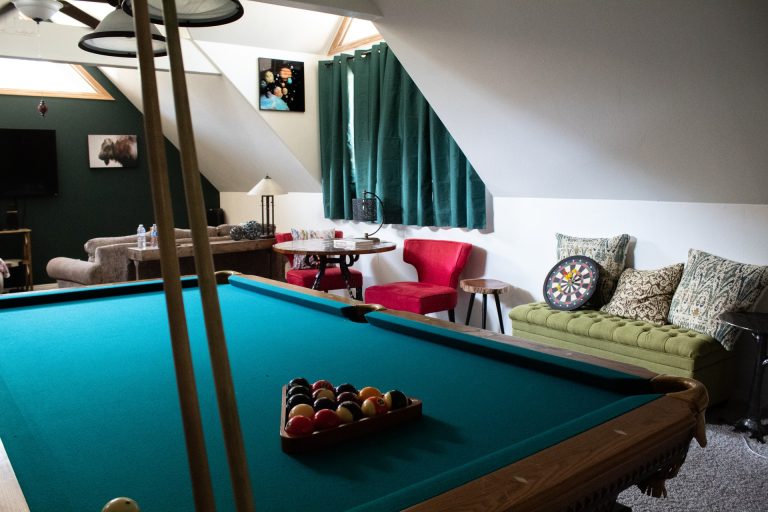
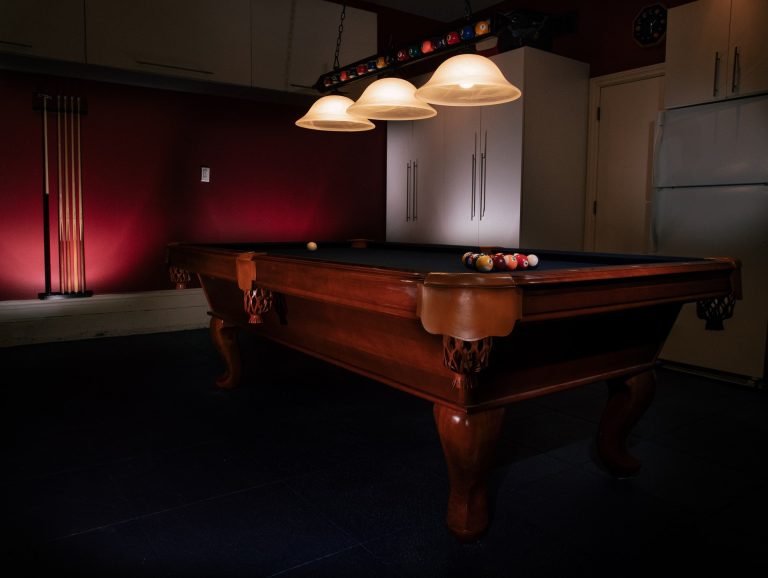
![Can You Polish Pool Balls? [Know The Answer]](https://poolcuechamp.com/wp-content/uploads/2022/04/pexels-pavel-danilyuk-7403816-768x512.jpg)
